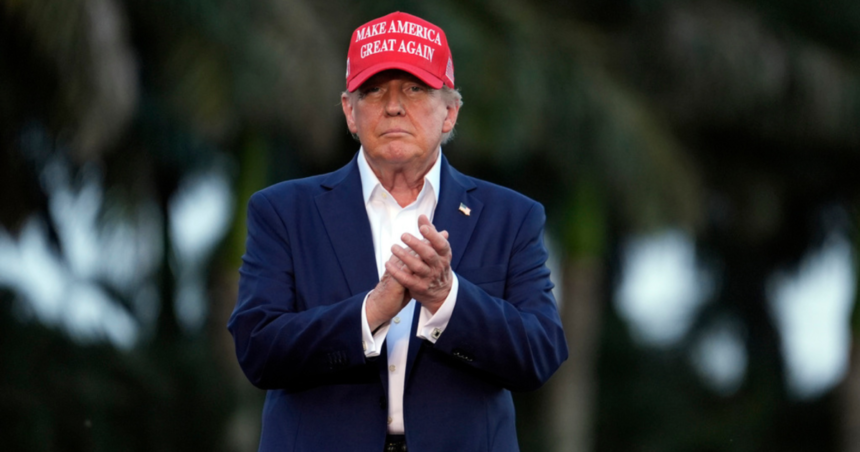Donald Trump’s legal team is urging the judge in his New York hush money case to overturn his conviction and dismiss the case following the recent Supreme Court ruling on presidential immunity.
In documents made public on Thursday, Trump’s attorneys Todd Blanche and Emil Bove argued that prosecutors rushed to trial Trump in the spring while the Supreme Court was still deliberating on his immunity claims. Trump was found guilty in May of falsifying records to conceal a potential sex scandal, becoming the first former president to be convicted of a crime.
“Rather than wait for the Supreme Court’s guidance, the prosecutors disregarded President Trump’s immunity motions and insisted on moving forward with the trial,” the lawyers wrote. “Your Honor now has the authority to address these injustices, and the court is duty-bound to do so in light of the Supreme Court’s decision.”
Merchan has indicated that he will rule on the defense’s requests on Sept. 6 and set a sentencing date for Sept. 18, “if such is still necessary.” Prosecutors have until July 24 to respond to the arguments presented by the defense.
Trump’s legal team brought up the Supreme Court’s decision with Merchan on July 1, asking him to overturn the jury’s guilty verdict.
RELATED STORY | Judge lifts part of Trump gag order, allowing him to speak about jury, witnesses
The Supreme Court ruling provided extensive immunity protections to presidents, shielding them from prosecution for official acts. The court also barred prosecutors from using official acts as evidence to prove that a president’s unofficial actions violated the law.
Trump’s lawyers argued that jurors should not have been exposed to certain evidence, such as Trump’s conversations with Hope Hicks, details of how Trump received personal mail in the Oval Office, and some presidential tweets. Additionally, some of the checks and invoices in question were from Trump’s time in office.
Trump’s trial commenced on April 15, while the Supreme Court did not address the immunity issue until April 25.
A Manhattan jury found Trump guilty on 34 felony charges of falsifying business records related to a $130,000 payment to Stormy Daniels just before the 2016 election, where Daniels claimed to have had a sexual encounter with Trump. Trump denied the allegations and vowed to appeal the conviction once he is sentenced.
RELATED STORY | Trump revels in Democratic turmoil as he returns to campaign trail and teases VP pick
Prosecutors argued that the payment to Daniels was part of a broader effort to silence individuals who could disclose embarrassing stories about Trump’s personal life. Trump’s former lawyer, Michael Cohen, made the payment and was reimbursed by Trump, with the reimbursements disguised as retainer payments.
Trump was convicted after a seven-week trial featuring testimonies from 22 witnesses, including Cohen and Daniels, while Trump chose not to testify in his defense.
Trump’s legal team previously invoked presidential immunity in an unsuccessful attempt to move the case from state to federal court last year. U.S. District Judge Alvin Hellerstein rejected Trump’s claim, stating that the hush money matter was personal rather than an official duty of the president.
Trump’s sentencing is pending, and if he receives jail time, he may appeal and remain free during the process. However, as a state case involving state charges tried in state court, Trump would not be able to pardon himself if re-elected as president, as presidential pardons are applicable only to federal crimes.





